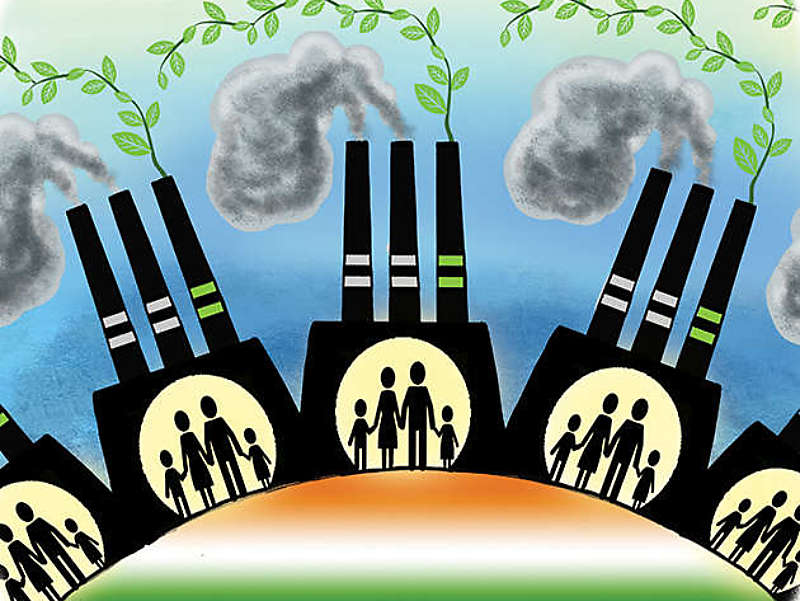Become climate champions: India’s top family conglomerates must play a leadership role

The private sector in India has traditionally avoided engagement on climate issues publicly. But this seems to be changing. On November 5, 2020, 24 leading companies signed a ‘declaration of the private sector on climate change’ to tackle the climate crisis. This is an important beginning as the private sector will have to play a crucial role in mobilising resources, knowledge, and innovation. And within the private sector, family-controlled conglomerates are uniquely positioned to lead the low/no-carbon growth trajectory.
Family ownership is the most dominant form of business around the world. Historically, family businesses have dominated the Indian industry. Until the 1990s, a few old business ‘houses’ were dominant, holding diversified business interests across the economy. Their dominance was partly enabled by the planned economy ‘license raj’ model of the time. Since the economic reforms of 1991, these older business houses have been challenged by new families and non-family entrants. But the power of family conglomerates as a business model has not diminished. While some of the older houses did not survive the reforms, many – such as the Tatas, the Bajajs, the Birlas, the Mahindras – did and flourished and are joined by new houses –the Ambanis, the Adanis, the Mittals, and the Jindals.
Updated on:

